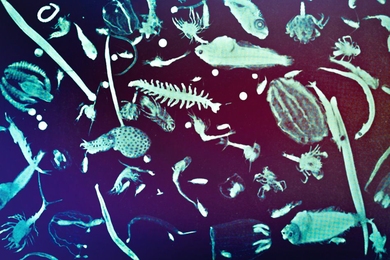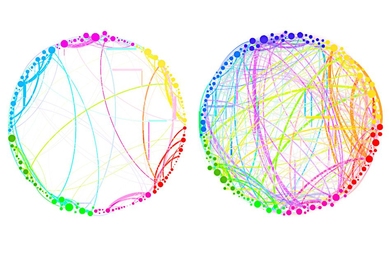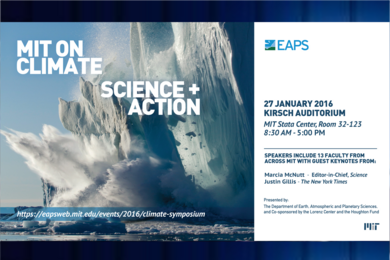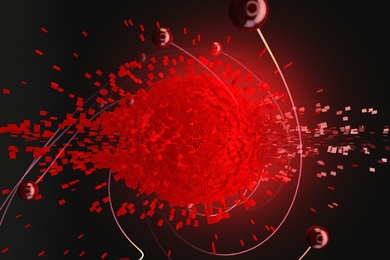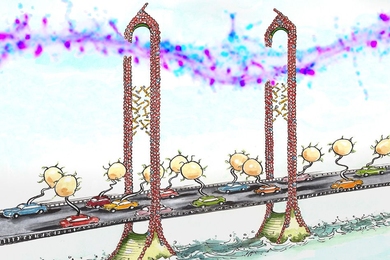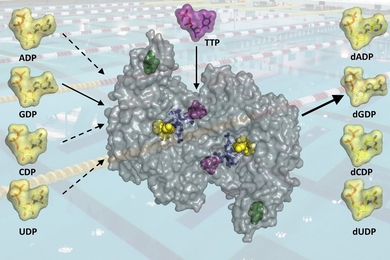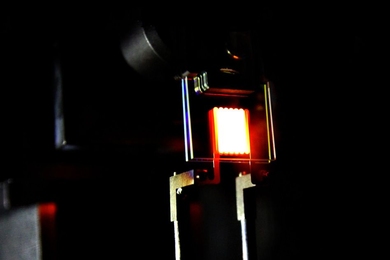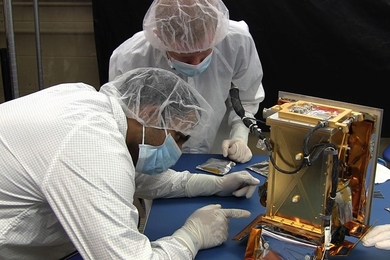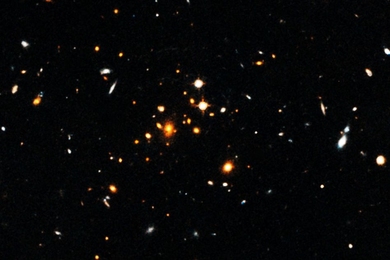How severe maternal inflammation can lead to autism-like behavior
Immune molecules in infected mothers tied to brain and behavior abnormalities in offspring.
Edward Boyden wins BBVA Foundation Frontiers of Knowledge Award
Three neuroscientists share biomedicine prize for development of optogenetics
A new quantum approach to big data
System for handling massive digital datasets could make impossibly complex problems solvable.
MIT on Climate = Science + Action
MIT will host a daylong symposium to address the nexus of science and action on climate change.
Physicists control electrons at femtosecond timescales
Results may help improve efficiency of solar cells, energy-harvesting devices.
Engineering foe into friend
Bose Grant awardee Jacquin Niles aims to repurpose the malaria parasite for drug delivery.
How aerosols drive the rain
Study finds human-made aerosols exert strong influence on the geography of precipitation.
Diagnosing depression before it starts
Brain scans may identify children who are vulnerable to depression, before symptoms appear.
How neurons lose their connections
Scientists identify protein that allows brain cells to dampen their sensitivity.
A nanophotonic comeback for incandescent bulbs?
Researchers combine the warm look of traditional light bulbs with 21st-century energy efficiency.
Student-built instrument headed to asteroid and back
Created by MIT students, REXIS has been integrated onto NASA’s OSIRIS-REx spacecraft.
Most distant massive galaxy cluster identified
Formed in the first 4 billion years of the universe, cluster is 1,000 times more massive than the Milky Way.
